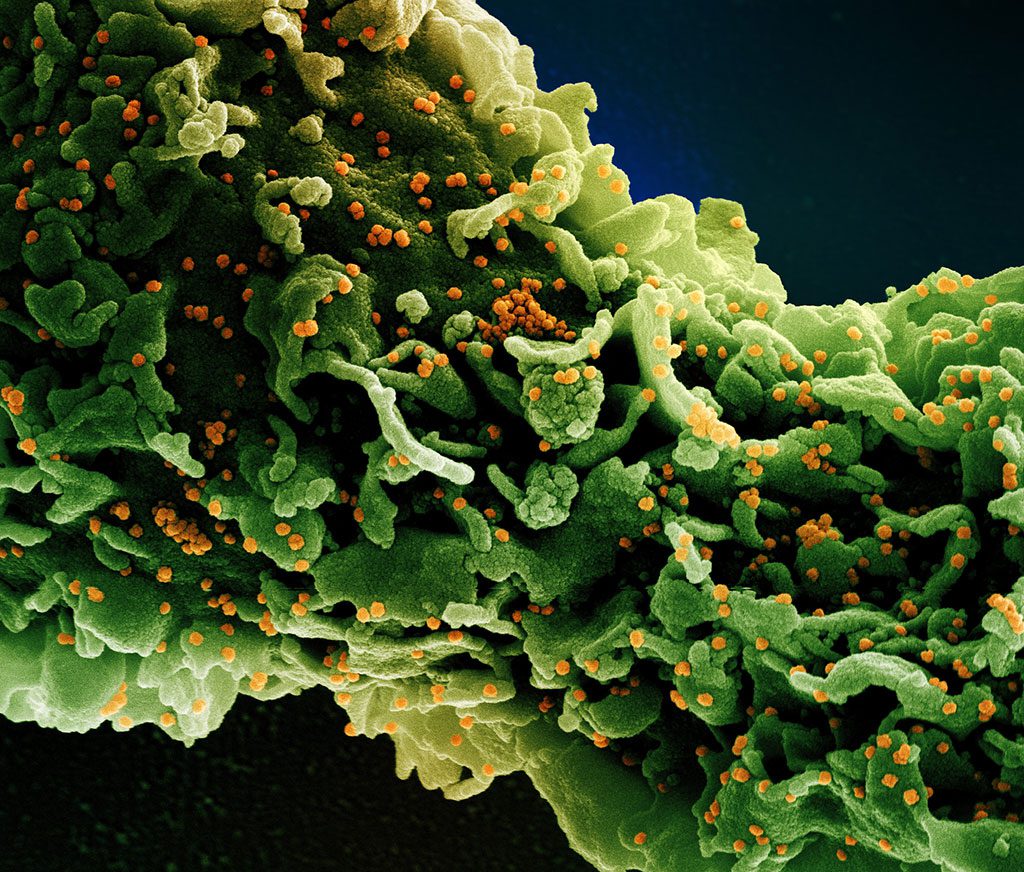- Study found roughly 1 in 10 with COVID during pregnancy will develop post-acute sequelae of SARS-CoV-2 infection (PASC or long COVID)
- The average age of the cohort was 32 years old
- Several socioeconomic and clinical characteristics were associated with the development of PASC
- Most common symptoms were post-exertional malaise, fatigue and dizziness
While there is a growing body of research about the long-term effects of COVID in the general adult population, little research has been done on the long-term impacts on those who get COVID while pregnant.
In a new study presented at the Society for Maternal-Fetal Medicine annual meeting, researchers will presented findings that suggest that approximately 1 in 10 people who have COVID during pregnancy will develop long COVID.
Researchers followed a group of individuals from across the United States who got COVID while pregnant.
Of the 1,503 people in the pregnancy cohort, slightly more than half (51 percent) were fully vaccinated before contracting COVID; and the average age at infection was about 32 years old. The study looked at a person’s pre-existing conditions, socioeconomic status, and severity of COVID during pregnancy.
The pregnancy cohort is part of a larger study, the NIH RECOVER Initiative, that aims to learn more about the long-term effects of COVID in adults and children.
Researchers found that 9.3 percent of pregnant people developed long COVID when evaluated six months or more after their initial infection. The most common symptoms people reported included feeling worn out after even minor physical or mental activity, also known as post-exertional malaise, fatigue, and dizziness.
Researchers also found that pregnant people who were obese or suffered from depression or chronic anxiety as well as those who reported having difficulty paying their bills were all at greater risk of developing long COVID. People who had a more severe case of COVID and required oxygen while pregnant were also at higher risk of developing long COVID.
Development of post-acute sequelae of SARS-CoV-2 (PASC) after infection in pregnancy: NIH RECOVER-Pregnancy Cohort. American Journal of Obstetrics and Gynecology, January 2024
READ ALSO:
Vertical Transmission of SARS-CoV-2–Specific Antibodies and Cytokine Profiles in Pregnancy
Research profiled humoral and cellular characteristics in pregnant women infected or vaccinated at different trimesters and in their corresponding newborns. Noted a significant correlation between spike S1–specific IgG antibody and its RBD-ACE2 blocking activity (receptor-binding domain–human angiotensin-converting enzyme 2) in maternal and cord plasma. Blocking activity of spike S1–specific IgG was significantly higher in pregnant women infected during the third trimester than the first and second trimesters. Elevated levels of 28 cytokines/chemokines, mainly proinflammatory, were noted in maternal plasma with infection at delivery, while cord plasma with maternal infection 2 weeks before delivery exhibited the emergence of anti-inflammatory cytokines. Data support vertical transmission of protective SARS-CoV-2–specific antibodies. This vertical antibody transmission and the presence of anti-inflammatory cytokines in cord blood may offset adverse outcomes of inflammation in exposed newborns. (The Journal of Infectious Diseases – Oct 2023)
This is a prospective observational cohort study undertaken including women during pregnancy or at admission for labour with acute COVID-19 infection. At least 34.2% of obstetric patients with acute COVID-19 infection presented post-COVID-19 condition symptoms. Demographic and acute disease characteristics as well as specific pregnancy-related risk factors were identified. (eClinical Medicine – Jan 2024)
Multi-Organ Dysfunction and Outcomes in Pregnancy Associated COVID-19 Infection
Pregnant women form a special group of patients with specific immunological and physiological changes. Weakening of cell-mediated immune responses makes a pregnant woman more susceptible to infections caused by intracellular pathogens such as viruses. Physiological changes during pregnancy have a significant impact on the respiratory, cardiovascular, and coagulation systems, which may have different effects on the progression of COVID-19 disease. This descriptive review of pathological findings is a comparative clinical and morphological characterization of lesions of the vascular and nervous system in cases of maternal death associated with COVID-19. (BMC Pregnancy and Childbirth – Jan 2024)


